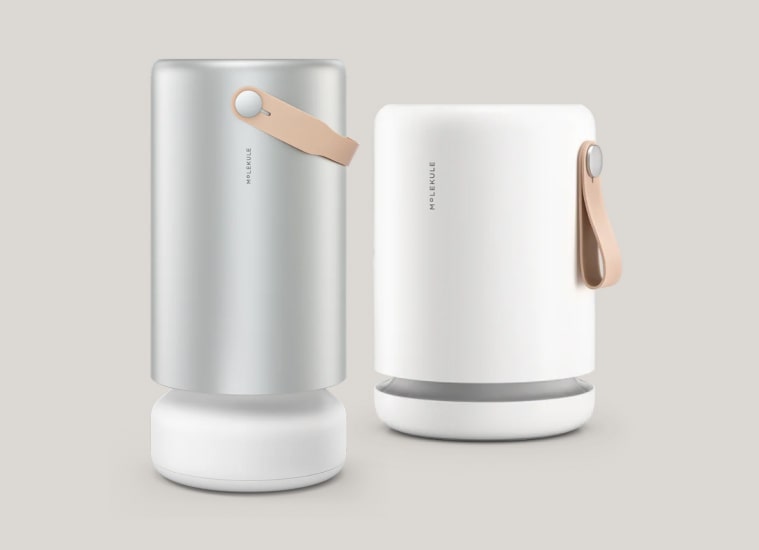The Impact of Air Quality on Allergies and Asthma in California

In this blog post, we will explore a critical aspect of respiratory health in the Golden State: the impact of air quality on allergies and asthma in California. California’s unique geography and climate bring both benefits and challenges when it comes to air quality. Understanding how environmental factors influence allergies and asthma can help individuals living in this diverse state better manage their conditions. Let’s uncover the crucial link between air quality and respiratory health.
The California Landscape: Diverse Air Quality Challenges
Urban Centers: California is home to major metropolitan areas like Los Angeles and San Francisco, where air pollution from vehicles, industry, and other sources can exacerbate allergies and asthma.
Wildfires: The state’s wildfire season can significantly impact air quality. Smoke and particulate matter from wildfires pose serious health risks, particularly for those with respiratory conditions.
Pollen Variation: California’s varied climate and geography result in different pollen seasons across the state. Understanding local pollen patterns is essential for managing allergies effectively.
Health Implications for Allergies and Asthma
Worsening of Symptoms: Poor air quality, with elevated levels of pollutants and allergens, can trigger or worsen allergy and asthma symptoms. This includes sneezing, coughing, wheezing, and shortness of breath.
Increased Medication Use: Individuals with allergies and asthma may need to rely more on medications during poor air quality, including allergy medications and rescue inhalers.
Hospitalization Risk: Severe air quality events, such as during wildfires, can lead to an increased risk of respiratory-related hospitalizations, especially in vulnerable populations.
Strategies for Managing Allergies and Asthma in Varied Air Quality Conditions
Monitoring Air Quality: Stay informed about local air quality conditions through reliable sources and apps. Plan outdoor activities on days with better air quality.
Indoor Air Quality: Invest in air purifiers for your home, particularly during wildfire seasons. Keep windows and doors closed to prevent outdoor pollutants from entering.
Medication Management: Ensure you have an up-to-date asthma action plan and the necessary medications. Follow your healthcare provider’s advice for adjusting medication use during periods of poor air quality.
Allergen Avoidance: Be proactive in managing allergies. Identify and avoid local allergens that worsen symptoms, and consider allergen immunotherapy (allergy shots) if appropriate.
Emergency Preparedness: Have a plan for evacuations or sheltering in place during severe air quality events, especially if you have respiratory conditions.
Breathing Safely in California’s Ever-Changing Air Quality Landscape
The impact of air quality on allergies and asthma in California is a multifaceted challenge, influenced by urban environments, wildfires, and pollen variation. Recognizing the implications of poor air quality on respiratory health is crucial. By monitoring air quality, taking steps to improve indoor air quality, and following recommendations by Allergy, Asthma, and Immunology Medical Group, individuals with allergies and asthma can better manage their conditions and enjoy a healthier life in the diverse landscapes of California.
To start taking control of your asthma and allergies, call 805-658-9500 and schedule your next appointment with an experienced Doctor at Allergy, Asthma, and Immunology Medical Group.




